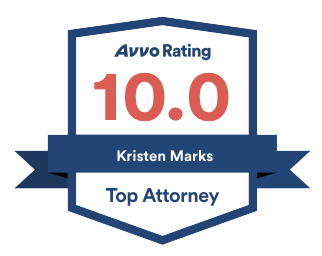So what exactly is Florida probate?
In my earlier videos, I shared with you why having a Will, life insurance, retirement, and even a living trust may not help you avoid probate when you die.
But you might be thinking to yourself, what the heck is probate anyway and why would I want to avoid it?
There are several different types of Florida probates but the type most people think of when they hear the word probate, is a formal administration.
With a Florida formal administration, the probate court appoints a personal representative to administer a decedent’s estate. Some states call this person an executor or executrix. In Florida, we use the gender neutral term of Personal Representative.
The Personal Representative in responsible for gathering together all of the decedent’s estate assets, figuring out who the decedent’s creditors are and notifying them, paying the decedent’s final bills, taxes, and administration expenses from the decedent’s assets, and finally, at the end of the probate process, distributing the decedent’s assets to whomever is supposed to inherit them.
If a decedent died with a Will (what we call a “testate” estate), then the beneficiaries named therein will inherit.
If a decedent died without a Will (what we call an “intestate” estate), then the decedent’s legal heirs under Florida law will inherit.
Although Florida probates do serve the function of retitling a decedent’s assets after they die, formal administrations in particular are often time consuming and expensive.
Florida formal administrations are time consuming because there is a long laundry list of required steps that a personal representative must do in carrying out their duties as personal representative.
And many of those steps must be done in sequential order.
Plus, there are mandatory waiting periods built into the process as well.
Florida formal administrations that are uncontested and fall below the Federal estate tax threshold typically take anywhere between 7-12 months.
If there is fighting over the estate, or unique assets that we are trying to sell, or estate tax returns that need to be filed, the probate process can take significantly longer than that.
Florida formal administration fees are typically significantly more expensive than structuring your estate plan in the first place so as to avoid probate.
And, sorry, there’s no getting around it. A personal representative in Florida MUST be represented by an attorney.
Some probate attorneys charge a percentage of the estate assets. Others charge by the hourly which can become very costly very quickly.
At My Pink Lawyer®, we charge flat probate fees for all uncontested probates so there are no surprise bills.
If you are looking to handle a Florida probate for a loved one who has died, make sure you are working with a Florida licensed attorney who specializes in that type of work.
If you are looking to set up your own estate plan to avoid probate, or as we call them in our office, a family succession plan, make sure you work with a Florida licensed attorney who specializes in that type of work.
At My Pink Lawyer®, the only types of matters we handle are uncontested Wills, Trusts, and Estates, & certain type of Guardianship matters.
To schedule your own probate consultation with one of our attorneys, click the button below to be taken to our online scheduling page.






